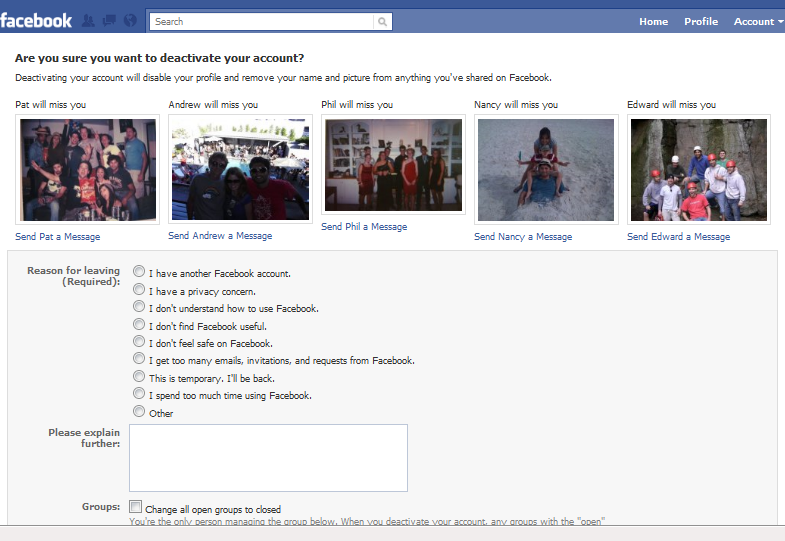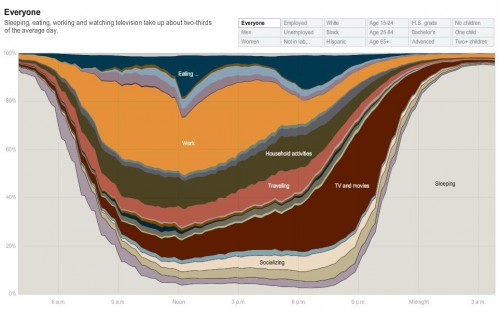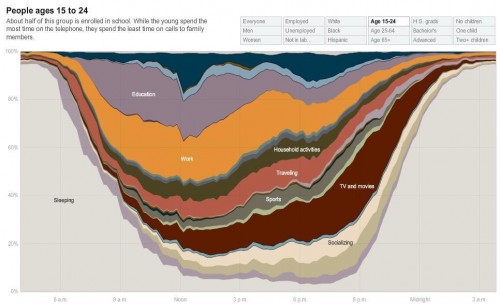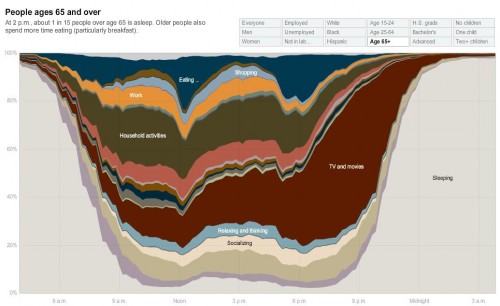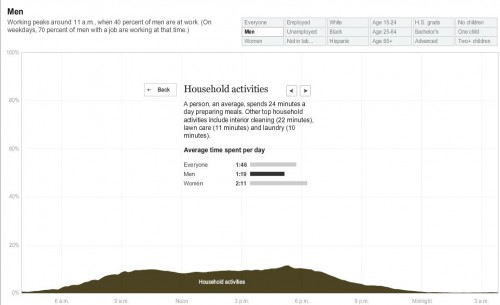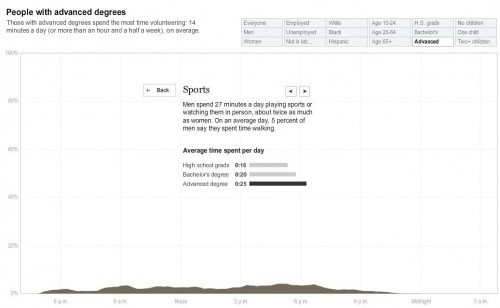In the 22-minute short film below, titled MouseTrapped 2010, employees of Florida’s Walt Disney World plead with Disney to negotiate a fair contract with their Union. The film is interesting on two accounts. First, is a good example of the low wages in many service industries. Sociologists refer to the “working poor” to describe people who work full-time and yet still cannot make ends meet. Some of the employees in this video take second jobs, live with their parents or siblings, routinely take food from church food banks, or receive food stamps.
Second, it is an example of a new bargaining tactic: widespread public pressure. This tactic is possible only because of developments in the last decade: the affordability and accessibility of the technology required to put together a short video like this and the medium of youtube that allows the employees to reach potentially millions of viewers for free. It’s working too; Jordan G. spotted this video at Boing Boing, one of the most widely read sites on the web.
Part I of II:
Part II of II:
Lisa Wade, PhD is an Associate Professor at Tulane University. She is the author of American Hookup, a book about college sexual culture; a textbook about gender; and a forthcoming introductory text: Terrible Magnificent Sociology. You can follow her on Twitter and Instagram.




